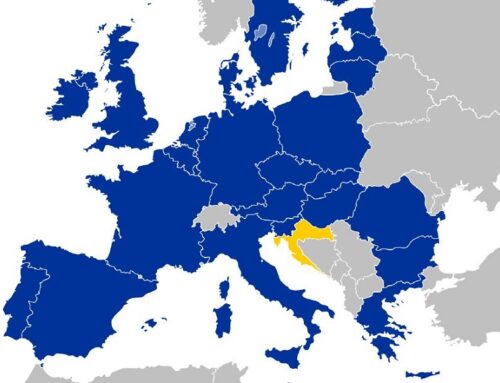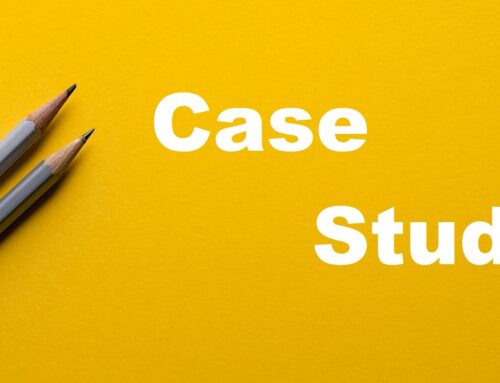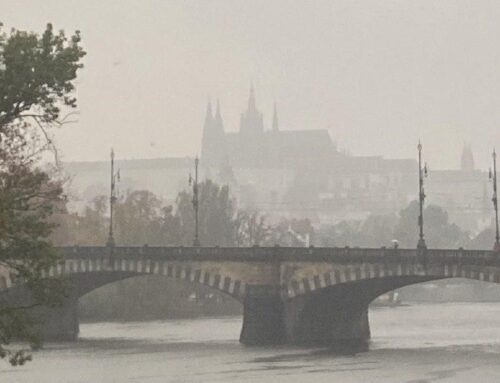Considering its history and geopolitical position, Latvia can easily be characterised as an ethnically diverse state as national minorities comprise significant percent of the total population of this country. Just above 62% are ethnic Latvians, with Russians being the largest minority at around 25%. Belarusians, Ukrainians, and Poles together count less than 10% [1]. From these statistics, it is evident that Russian population in this Baltic state is a notable segment of their national public affairs. Ever since Latvia has gained independence from the Soviet Union in 1991, and especially after obtaining membership in the European Union in 2004, the country has taken numerous steps in reducing Russian influence and strengthening Latvian national identity.
In early 2018, the Parliament of Latvia has officially introduced the legislation which would limit the use of the Russian language in national schools. The objective was to set Latvian as the primary language of instruction, increasing the number of courses held in this tongue in minority schools from 40% to 80% [2]. Subjects related to minority languages, culture, and heritage were decided to be an exception to the law. This decision comes six years after a referendum where Latvia voted against making the Russian language as the second official language.
The national educational system was inherited from the former Soviet Union and was faced with major revisions following its dissolution. The way of functioning and subsequent reforms within the sector were carried out in respect of country’s ethnic composition, namely the Russian population as the largest national minority. However, with the Amendments on Education Law and General Education Law, by the academic year 2022-2023, Russian language should be notably limited in schools with the secondary education being almost exclusively in Latvian language. Further amendments to the Law on Institutions of Higher Education ensured to include both state and private educational facilities to these changes.
While the official sources clarify that the main objective of such legislation is to improve secondary education final exam results, others have cited perseverance of the language, as the main segment of national identity, to be the key reason. The legislation was initiated by the right-wing National Alliance Party, whose parliamentary representative Rihards Kols has stressed that this law merely upholds the constitution and does not prohibit any citizen from speaking their native language at home [3]. Alternatively, former Latvian president Raimonds Vējonis argued that studying in Latvian language will ensure the provision of equal opportunities for youth and contribute to the formation of more cohesive society [4]. As the tertiary education in Latvia is almost exclusively held in Latvian language, it was emphasized that minority students are being continuously disadvantaged after completion of their secondary education. By introducing this law, it is claimed that non-Latvian students will acquire same knowledge and skills as their Latvian peers, increasing their opportunities in labour market and promoting integration.
Despite the provided clarifications by the state’s government, the law was met with severe reactions from Russian citizens. Russian ethnic minority in Latvia, as well as the government of the Russian Federation, have labelled this move as discriminatory and a violation of human rights. Series of demonstrations were organised in Riga by the Latvian Russian Union, with the Russian Ministry of Foreign Affairs issuing a statement that describes the legislation as “forceful assimilation” [5]. United Nations have also expressed their concerns, stating that the legislation promotes unfair treatment of minorities [6]. Additionally, enforcing this law has led many Russian students to continue their higher education in other Baltic states, namely Estonia, with some sources citing the admissions increased in this country by over a third for fall 2018 [7].
The language limitations are not the only measure Latvia has taken in past few years that affect the level of Russian presence in this country. In February 2021, 16 Russian-language TV channels were suspended following the failure to identify representatives of the broadcasts [8]. The first channel that was subjected to the ban was Rossija RTR and it was not the first time this channel faces temporary suspension. The decision was made by Latvia’s Electronic Mass Media Council which has elaborated that retransmission was banned due to incitement of hate and violence [9]. However, it has been noted that Latvia is a process of forming new multimedia platform that would be specifically target minority groups by creating content in their own languages[10]. This aims to provide affected nationalities, particularly Russians, an alternative to the banned programmes.
There are numerous issues yet to be resolved between Latvia and Russia, making the relations between these two countries rather strained. Latvian government often cites the need for stronger political assimilation, protection of information space, and strengthening of the state identity as a rationale behind the mentioned initiatives. On the other hand, Russian population in Latvia, as well as Moscow, describe recent actions by Riga as dictatorial and discriminatory. Taking into consideration Latvia’s geopolitical position, ethnic dynamics in the country, and their shared past, normalisation of the relations between the two remains to be a challenge.
Sources:
[1] https://eacea.ec.europa.eu/national-policies/eurydice/content/population-demographic-situation-languages-and-religions-40_en
[2] https://www.euractiv.com/section/languages-culture/news/in-latvia-school-language-reform-irks-russian-minority/
[3] https://www.npr.org/2018/10/28/654142363/a-new-law-in-latvia-aims-to-preserve-national-language-by-limiting-russian-in-sc
[4] https://eng.lsm.lv/article/society/education/president-promulgates-law-leading-to-latvian-language-switch-in-schools.a273409/
[5] https://www.mid.ru/en/web/guest/kommentarii_predstavitelya/-/asset_publisher/MCZ7HQuMdqBY/content/id/3139695
[6] https://spcommreports.ohchr.org/TMResultsBase/DownLoadPublicCommunicationFile?gId=23588
[7] https://www.baltictimes.com/new_law_in_latvia_bringing_russian-speaking_students_to_study_in_estonia/
[8] https://eng.lsm.lv/article/features/media-literacy/more-russian-tv-channels-have-the-plug-pulled-in-latvia.a392163/
[9] https://bnn-news.com/latvian-national-electronic-mass-media-council-takes-measures-to-battle-hate-speech-on-russian-television-221634
[10] https://www.broadbandtvnews.com/2021/03/24/latvia-eyes-russian-language-platform/





